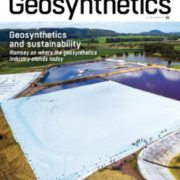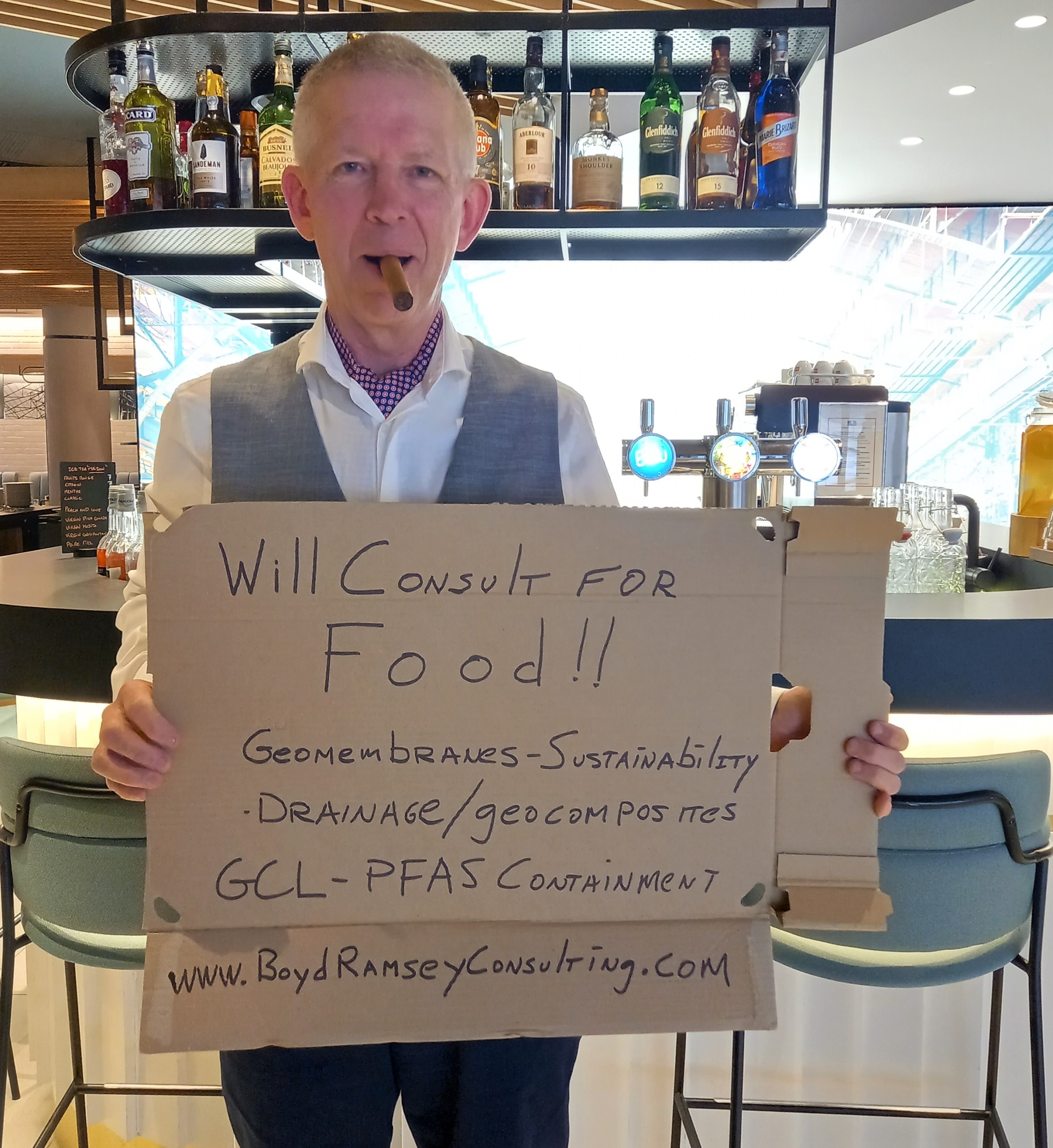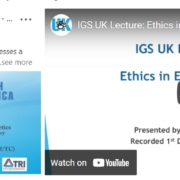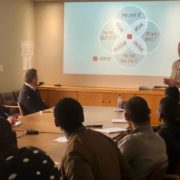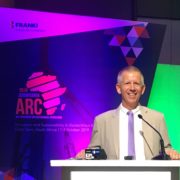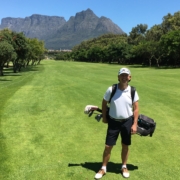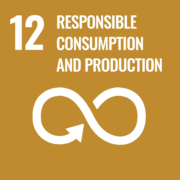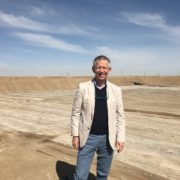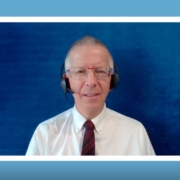Ramsey sustainability activities (Update 4)–May 2022
I continue to make efforts on the sustainability front, in multiple ways, some very small, but some more significant. One of the largest environmental/sustainability impacts I have made recently is a flight (and upcoming return) from Paris to Brisbane to attend an Australian chapter IGS conference event and make other client calls. I recognize my past history of lots of air travel as being a negative impact to a sustainable planet. It is my hope that the “good” value that I bring with my efforts on geosynthetics helps to balance this, but I feel that I need to make a more direct adjustment. I have looked through several on-line “flight impact” calculators and the results indicate my contribution to the flights emissions is roughly 14,585 Kg of CO2 with an appropriate financial amount of 377 AUD. To that end, I have made a charitable contribution to an Australian organization for that amount. I state this not as boasting, but acknowledgement that I and we all, need to do a better job of understanding and accepting the broader costs and impacts of our actions – the singularly capitalist economic model does not seem to be doing this sufficiently well. The concept of EPR (Extended Producer Responsibility) Wikipedia link https://en.wikipedia.org/wiki/Extended_producer_responsibility should guide individuals as well as manufacturers. I am trying to “walk the walk” as well as “talk the talk”.


